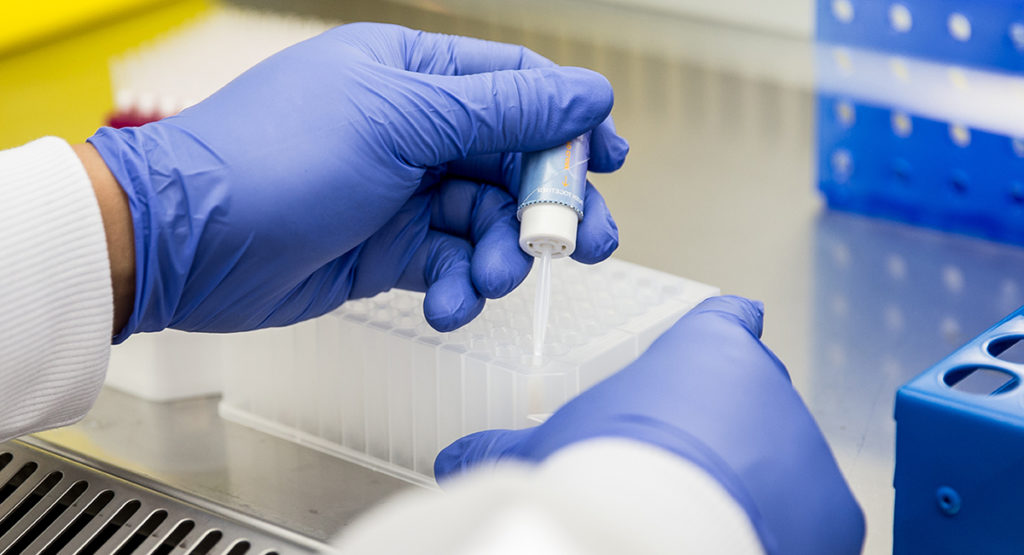Forensic DNA preservation method best for gut microbiome samples
Microba Life Sciences, leaders in precision gut microbiome science, have demonstrated the superiority of their faecal sample preservation method against other methods, with a robust, peer-reviewed study published in ISME Communications.
The company’s scientists conducted one of the most rigorous studies to date to evaluate the performance of five room temperature faecal preservation techniques, finding a method designed for preserving forensic DNA outperformed other commonly used faecal preservation methods.
Using metagenomic analysis, the study highlighted the FLOQSwab in an active drying tube as the top method when compared to four other faecal preservation techniques.
Microba Co-founder, leading microbiologist and senior author on the paper, Professor Philip Hugenholtz, explained that it was critical for microbial communities to be accurately and reproducibly preserved for important advancements in medicine to be made from gut microbiome research.
“Interest has been increasing in the gut microbiome as a marker for the diagnosis and treatment of a range of human diseases over recent years,” he said.
“This means that researchers must be confident that their sampling method will provide accurate, stable and reproducible results for gut microbial communities.
“Changes in microbial populations during collection or storage can significantly skew study results, potentially steering research in the wrong direction.”
“Researchers need to be confident that their sampling method will provide accurate, stable and reproducible results for gut microbial communities.”
Co-founder, microbiologist and senior author, Professor Philip Hugenholtz
Senior Scientist and lead author, Dr Alena Pribyl, explained that the alternative could lead to researchers chasing false leads or missing key biomarkers.
“Very few studies have critically assessed faecal preservation methods at the species-level using metagenomic sequencing, despite the importance of getting this first step right in a gut microbiome study,” she said.
For this comprehensive study, the company compared both microbial species and functional profiles from five room temperature preservation methods to the commonly accepted best practice of flash freezing samples.
Six replicates from five different individuals were used for each method, for a total of 180 metagenomes.
“This is the largest study to assess both the technical and compositional reproducibility of various room temperature microbial preservation methods, and we found that not all methods are able to accurately preserve faecal microbial communities.” Dr Pribyl explained.
“While the FLOQSwab in an active drying tube outperformed other methods, we also found two of the methods, dry BBL swabs and LifeGuard, resulted in unpredictable outgrowth of facultatively anaerobic species, such as E. coli.
“We therefore recommend against the use of these two methods for room temperature storage.”
The scientists further evaluated the best performing method at different storage temperatures to determine its range of use, finding that it accurately preserved microbial communities at temperatures ranging from -20ᵒC to 50ᵒC for up to four weeks.
“This study shows the importance of rigorously evaluating faecal preservation methods,” Professor Hugenholtz said.
“It also shows that the FLOQSwab in an active drying tube is an excellent option for gut microbiome sample preservation, especially where faecal samples need to be collected and transported across long distances.”
